New Delhi: The central government has decided to include caste enumeration in the forthcoming national census, marking a major shift in the country’s demographic data collection process.
The move was announced by Union Minister Ashwini Vaishnaw on 30 April, following a meeting of the Cabinet Committee on Political Affairs chaired by Prime Minister Narendra Modi.
This decision comes after years of debate around the inclusion of caste data in national-level statistics. India’s last census was conducted in 2011, and the next was due in 2021 but was postponed due to the COVID-19 pandemic.
The upcoming census, now expected in 2025, will be the first since independence to include detailed caste enumeration, beyond the Scheduled Castes and Scheduled Tribes already accounted for.
Highlighting the rationale behind the move, Vaishnaw pointed out that several states have conducted caste-based surveys over the years, but many of these exercises lacked transparency and consistency, leading to confusion and questions over their legitimacy.
The minister emphasised that such important demographic data must be gathered through a standardised, constitutionally mandated process.
Under Article 246 of the Constitution of India, the subject of census falls under the Union List, making it a central responsibility.
Vaishnaw noted that conducting caste enumeration as part of the national census, rather than as state-level surveys, would ensure data integrity and prevent politicisation of the process.
In 2010, a Group of Ministers was formed to explore the inclusion of caste in census data, following an assurance in Parliament by then Prime Minister Dr Manmohan Singh.
Although many political parties supported the proposal, the previous government opted for the Socio-Economic and Caste Census (SECC), which was conducted as a separate exercise and not officially part of the decennial census.
The latest decision by the central government aims to address the gaps left by such surveys and reinforce the socio-economic planning framework with robust and transparent data.
Authorities believe that a formal caste enumeration within the national census will help policymakers design more inclusive welfare schemes and ensure equitable distribution of resources without social friction.
The inclusion of caste data in the national census is expected to be a complex but necessary step towards understanding India’s diverse social fabric and fostering a more data-driven approach to governance and development planning.
Also Read –
PM Modi Convenes Key Cabinet on Security Response; Pakistan’s Role Under Scrutiny

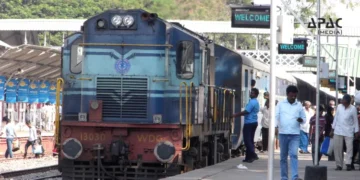
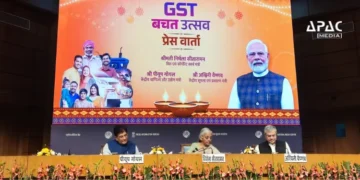

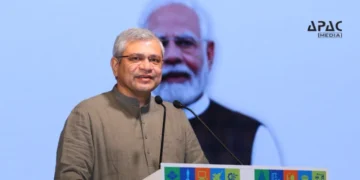




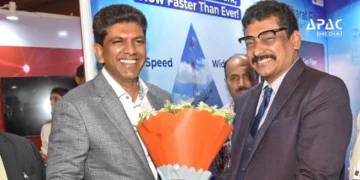


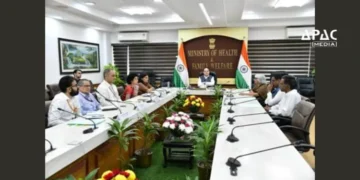






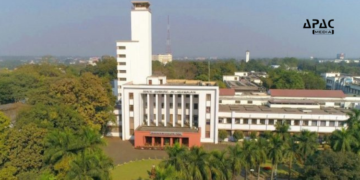



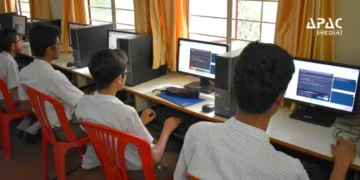

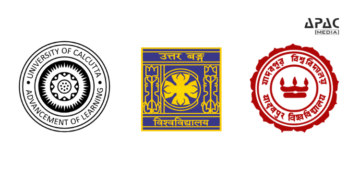



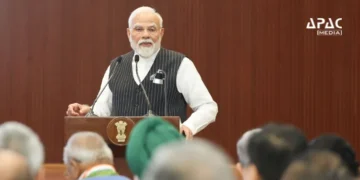

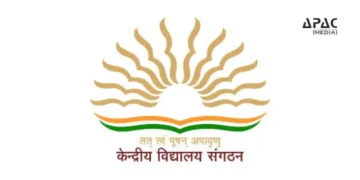




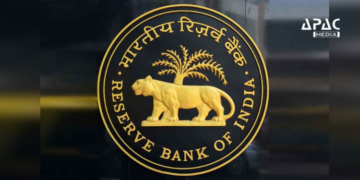












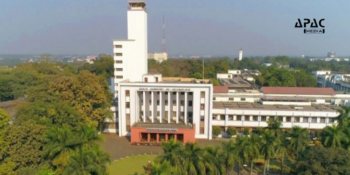
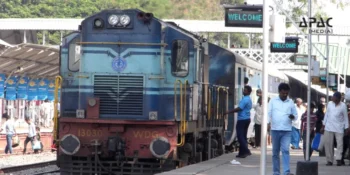
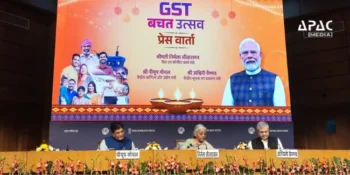




Discussion about this post